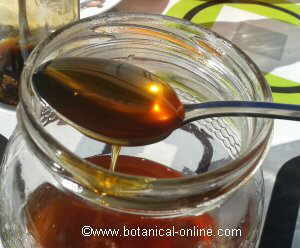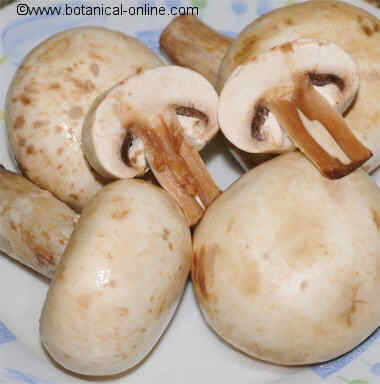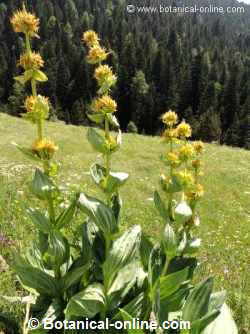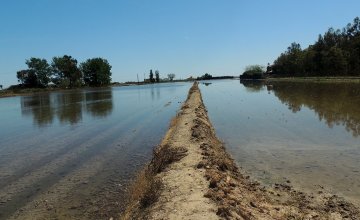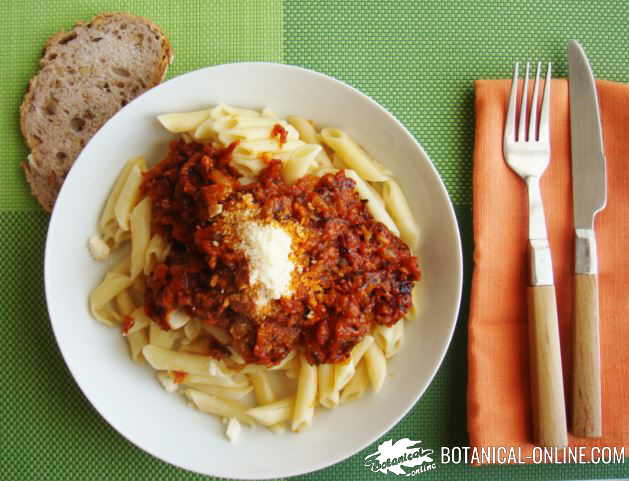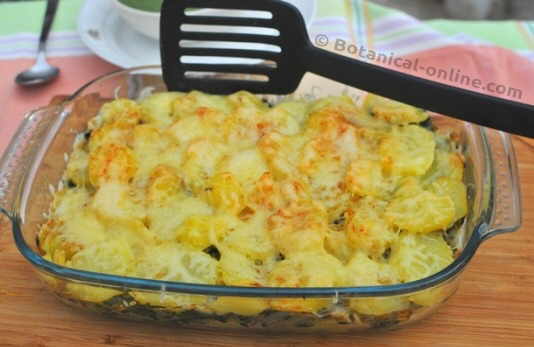Contents
Nutritional value of chayotes
Chayotes are rich in amino acids
Besides minerals, chayotes are rich in other components. Among them, it is worth mentioning their amino acid content. Amino acids, besides being responsible for the synthesis of proteins, are involved in many body functions (creation of enzymes, hormones, neurotransmitters, etc.).
The body forms proteins from 22 amino acids, of which 9 are essential, meaning that the body can not synthesize them and needs to take them food. Chayote contains 7 of the 9 essential amino acids and other non-essential ones:
Essential amino acids in chayote
 Lysine: An essential amino acid. Necessary for the body to absorb calcium. Involved in the formation of collagen., Enzymes and antibodies. A deficit would manifest itself in the form of hair loss, concentration problems, infertility, fatigue, etc.
Lysine: An essential amino acid. Necessary for the body to absorb calcium. Involved in the formation of collagen., Enzymes and antibodies. A deficit would manifest itself in the form of hair loss, concentration problems, infertility, fatigue, etc.- Leucine: An essential amino acid necessary for the proper development of young people
- Methionine: An essential amino acid. Necessary for the metabolism of fats. Helps remove ammonia from the body through urine. Allows the good health of hair, nails and skin. It helps the body to produce lecithin, which controls levels cholesterol in blood.
- Phenylalanine: An essential amino acid necessary for the production of tyrosine that enables mental functioning. Low levels of these amino acids may be responsible for cases of depression.
- Valine: An essential amino acid. Necessary for nitrogen balance and for good mental health. Helps reduce stress and provides muscle force.
- Isoleucine: An essential amino acid. Necessary for the proper balance of nitrogen and child development.
- Tryptophan: An essential amino acid. From it, the body makes serotonin and melatonin, a neurotransmitter and a hormone needed for the transmission of electrical impulses. Its deficit causes insomnia and depression
Nonessential amino acids in chayote:
- Glutaminic acid, nonessential amino acid involved in the health of the nerves and brain
- Histidine: A nonessential amino acid for adults, even if it is for babies. It is considered a vasodilator and a good stimulant of gastric juices. With antioxidant and antiuremic properties (against the formation of uric acid)
- Alanine: A nonessential amino acid, that is involved in antibody production and the metabolism of sugars.
- Arginine: A nonessential amino acid. Strengthens the immune system . Involved the creation of creatine a protein necessary for the formation of muscles.
- Glycine: A nonessential amino acid. Involved, along with arginine and methionine, in the creation of creatine a protein necessary for the formation of muscles. Also involved in immune system development.
- Tyrosine: A nonessential amino acid. It is very necessary for good mental health. It helps to have memory, prevents depression and intervenes in the proper state of the thyroid and pituitary.
Chayote, a very remineralizing food
In addition to potassium, this food is rich in other minerals, especially zinc. We know that this mineral plays a role in the formation of enzymes and in the metabolism of proteins and carbohydrates.
Equally important is this mineral in the health of our defenses as well as the formation of bones and teeth. 100 grams of this vegetable provides the necessary amount of this mineral.
It should be mentioned that chayotes also contain a good amount of manganese, a mineral needed for fats metabolism and for the transmission of nerve impulses.
| Comparison between the composition of the zucchini and chayotes per 100 g | ||
| Nutrients | Zucchini | Chayotes |
| Water | 95, 2 g | 94, 85 g |
| Energy | 15 kcal | 17 kcal |
| Fat | 0,07 g | 0,13 g |
| Protein | 1,03 g | 0,82 g |
| Carbohydrates | 2, 90 g | 3,90 g |
| Fiber | 1,2 g | 1,7 g |
| Potassium | 248 mg | 125 mg |
| Phosphorus | 32 mg | 18 mg |
| Iron | 0, 42 mg | 0,34 mg |
| Sodium | 5 mg | 2 mg |
| Magnesium | 22 mg | 12 mg |
| Calcium | 15 mg | 17 mg |
| Copper | 0, 057 mg | 0, 123 mg |
| Zinc | 0, 20 mg | 0, 74 mg |
| Manganese | 0, 127 mcg | 0,189 mg |
| Vitamin C | 9 mg | 7,7 mg |
| Vitamin A | 340 UI | 56 IU |
| Vitamin B1 (Thiamin) | 0,070 mg | 0,025 mg |
| Vitamin B2 (Riboflavin) | 0, 030 mg | 0,029 mg |
| Vitamin B3 (Niacin) | 0, 400 mg | 0, 470 mg |
| Vitamin B6 (Pyridoxine) | 0, 089 mg | 0, 076 mg |
| Vitamin E | 0, 12 mg | 0, 12 mg |
| Folic acid | 22 mcg | 93 mg |
![]() More information on chayote
More information on chayote

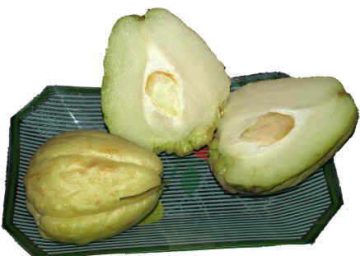 Lysine
Lysine
